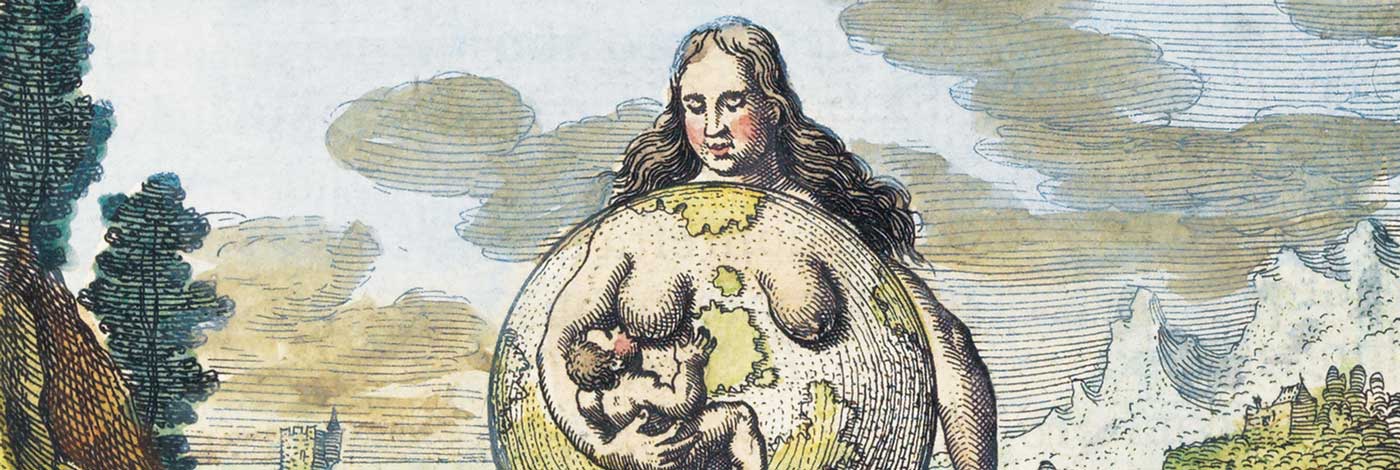
 Anthropozoologica
52 (1) - Pages 17-35
Anthropozoologica
52 (1) - Pages 17-35This paper discusses the nature of interspecies suckling in Greek and Latin sources at the end of the Republic and in the first two centuries of the Empire, by confronting different views on wet nurses and non-maternal nursing as found in outstanding birth or childhood narratives dealing with extraordinary predators, as well as in poetic texts displaying the “topos of insensitivity”, or lack of empathy, a stereotypical way of blaming a fictional parenthood for a character’s harshness and cruelty. Heroic or royal childhood narratives rarely mention personal character as being passed on by breastfeeding, unless it was performed by a third party, a nurse, with preferably a ferocious and distant background. This explains why the bestiary of interspecies suckling eventually included the tigress, a figure that would later become a popular romance staple. The belief according to which personal character was passed on to one’s offspring by breastfeeding is found in Roman culture. While it certainly expressed the fear of alien suckling, when maternal breastfeeding was not considered to be an option, it is worth noticing that this literary topos always occurs in a controversial context. This is a good indication of what contemporary practices actually entailed, rather than a prescriptive discourse that aimed at introducing new practices. The absence of milk kinship in the Roman imperial society confirms our interpretation.
Interspecies suckling, Romulus, wolf, bear, tigress, milk kinship